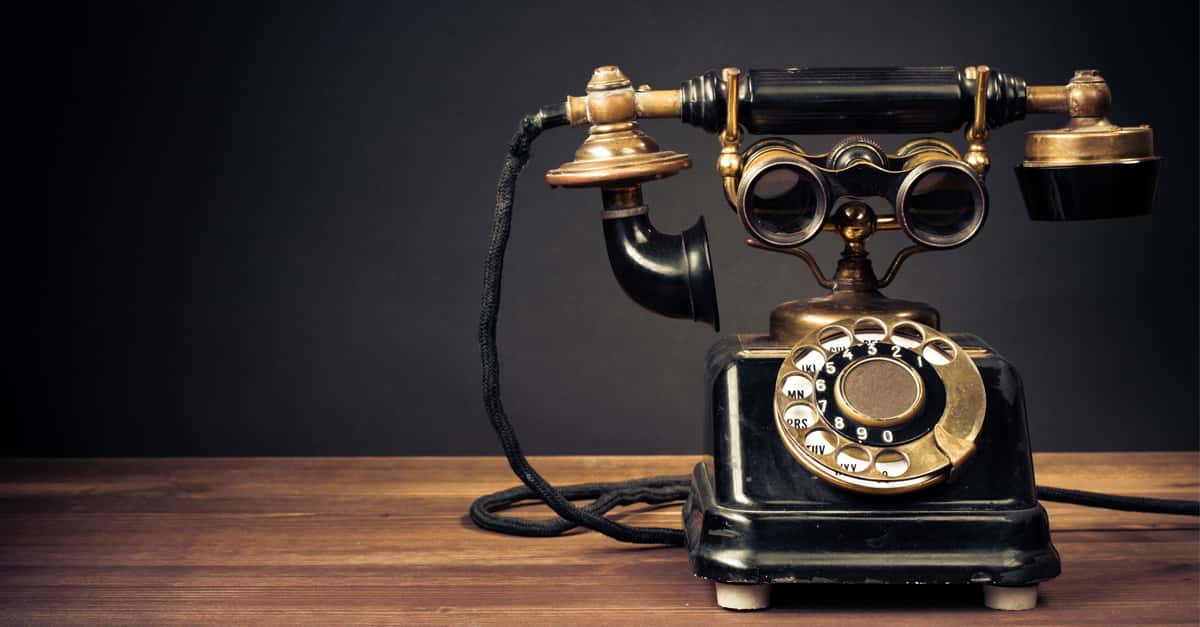A Historical look
The visual I created above exhibits the 4 most important people to know concerning the invention of the telephone. And even now, attributing 4 people to the invention of the telephone would be an understatement.
Starting on the left, there is Johann Philipp Reis of Germany. Ries was a poor child and an orphan. Growing up he was largely self taught, primarily in the field of physics. In 1860, he had invented the "Reis Telephone". This device could transmit a simple tone, but couldn't reproduce the complex waveforms that make up speech. While it was received with general approval, it was always viewed as more of a science experiment and toy and less of a device with any real application outside of the laboratory. Especially since the overall audio quality was quite bad. He died at the age 40, never seeing the fruition of his labor and how his work was keenly important in the invention of the telephone as we know it.
Antonio Meucci was an Italian American inventor who by the 1850s had developed an electrical device dubbed the "telettrofoni" which he used in his own house to communicate between different rooms. By 1871, Meucci filed a patent for the design of a talking telegraph, but due to hardships (mainly financial), he could not renew his caveat. While he, amongst other early inventors of the telephone brought up lawsuits against Bell, none of the cases stood; in part because Alexander Bell came from a very wealthy family who had the means of hiring the best lawyers. Weirdly/ interestingly enough, it wasn't until June 11th, 2002 that Meucci's work was formally honored by the United States Government: 107th Congress, H Res 269. You can read the resolution here.
Since we all know about Alexander Graham Bell, I'm going to cover him and Elisha Grey at the same time, which chronologically would make sense considering they both filed a patent within 2 hours of one another, which in and of itself is incredible: that one of the largest and most prolific patent in US history was filed by two different people within 2 hours of one another. In the 1870s, both Elisha Gray and Alexander Bell independently designed devices which transmitted speech electronically. Both designed devices that were used different techniques and electrical principles, and both had the help of assistances, such as Bell's assistant: Thomas Augustus Watson, to which Bell spoke the first recorded words on a telephone ever “Mr. Watson—come here—I want to see you.” On February 14th 1876, lawyers on behalf of both Bell and Grey went to the US patent office. Allegedly, Bell appeared before Grey and was therefore awarded the official patent, however, many dispute the validity of this claim suggesting that there was malfeasance by individuals at Patent Office, maybe Bell himself. There was a lot of money to be made from this invention.
By 1886, the Bell companies had defended their patents in more than 600 lawsuits, 5 of which reached the Supreme Court. As history indicates, Bell never lost the rights to his patent.
Impact and Significance
It is hard to talk holistically about the impacts and significance of the telephone just because it was such a colossal innovation. Certain things that stand out to me in addition to interpersonal communication from a social standpoint (having the ability to call your friends and family) is the implications for military reasons, more efficient government operations, and lastly business communication. Furthermore, like the telegraph (1840) paved the road for the telephone, the telephone paved the way for many other modern technology. It is also fascinating that while technologies like cassettes and radios have been largely replaced by entirely new systems/ technologies such as music streaming, the telephone landline largely functions the same way it always has (still with some notable improvements such as the removal of the switchboard/ operator). However, we are now approaching a time where the telephone too, as is happening with the radio right now, is being replaced by entirely new technology which shares similarities with the landline telephone in function but operates via entirely different technology.
Decline of the Telephone and Rise of the Cellphone
Image Sources:
Sources:




Comments
Post a Comment